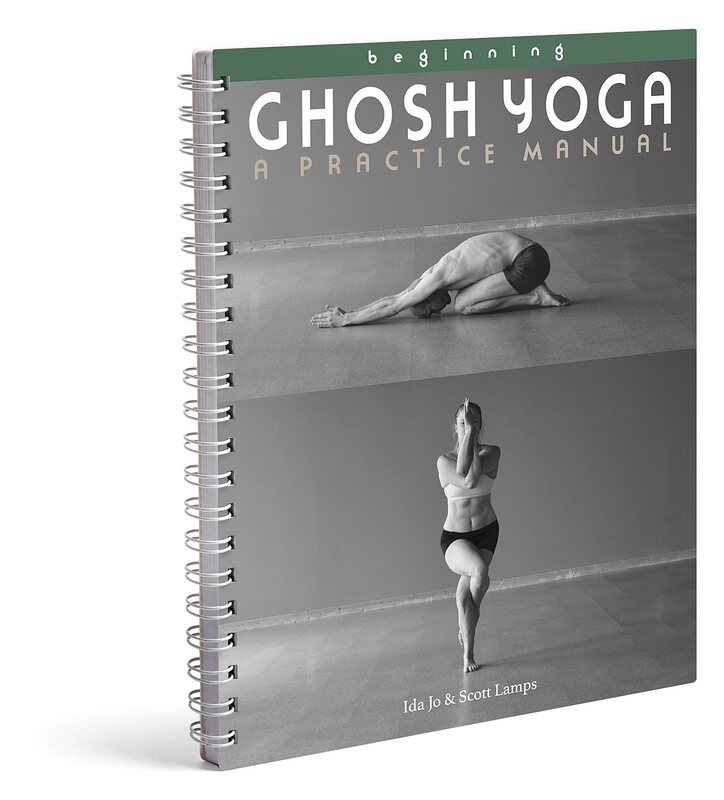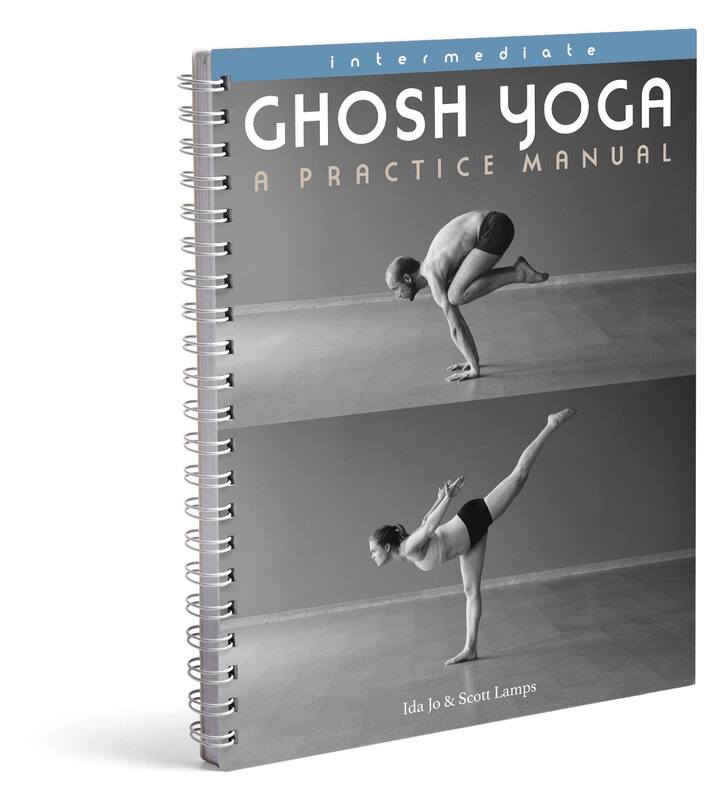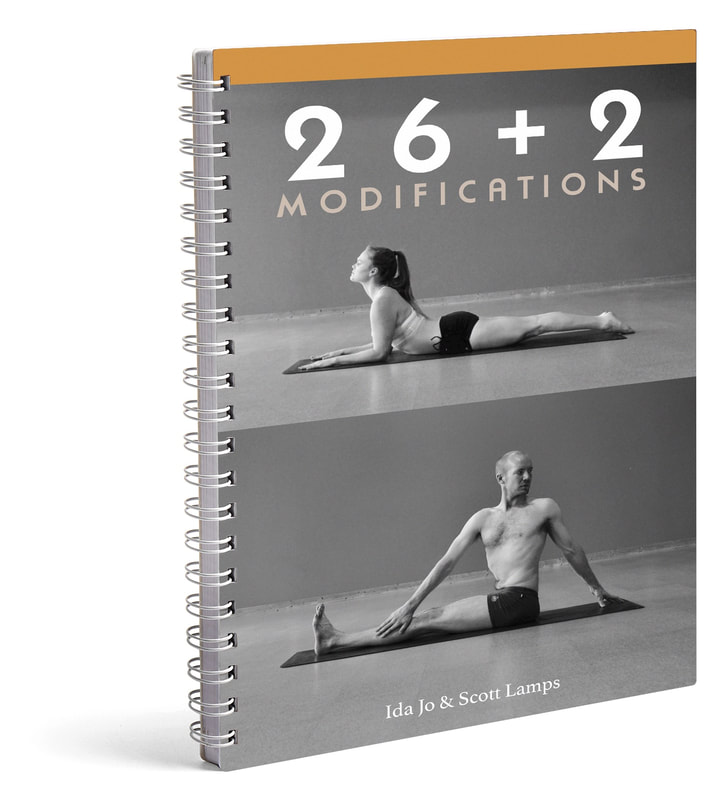|
We often hear people say, "There's just so much information out there and I don't know where to turn." We get it. There is a lot of material available. But not all of it is of the same quality.
So, what do we do? How do we all navigate continuing to learn while making sure that what we are learning is quality information? The first question is, how do we define quality? There are a few questions we can each ask ourselves when we're presented with new information. These will help us figure out how seriously to take the information. Here they are:
Let's break these down a little further... Everyone has an opinion on everything. Even the phrase "I don't have an opinion on that" means that we have a non-distinct opinion. That too is a point of view! The opinion of a person is always valid as the opinion of that person. We should always listen and seriously consider the beliefs of others. But we should not always take the opinion of one person as objectively true, or think we also need to believe it. It is true that it is an opinion. Though that doesn't necessarily mean that the content of the opinion is true. We need to be careful when we hear an opinion, and make sure that we take into account how other sources of information agree with or critique that opinion. If there are other sources that confirm it, this is considered evidence to support the opinion. If we find that there is a variety of evidence from multiple different places in support, the opinion is more likely to be valid as information. Furthermore, we should be careful when people talk about subjects that they are not expert in, even if that person is an expert in a different field. It is easy to revere others and think highly of their skillset. But that doesn't mean that they are experts or skilled in fields other than the one they are expert in. Do you want your dentist to operate on your heart? Or fix your car? Or write you a poem? While there is a lot of information out in the world, not all of it is worth learning. In fact, much of it is not. The information that is backed by evidence and comes from an expert in their field is far more likely to be worth learning than the opinion of someone who is speaking about something they don't know much about.
1 Comment
Gary
5/27/2024 05:55:35 am
Knowing that you don’t know is an important first step in learning.
Reply
Leave a Reply. |
AUTHORSScott & Ida are Yoga Acharyas (Masters of Yoga). They are scholars as well as practitioners of yogic postures, breath control and meditation. They are the head teachers of Ghosh Yoga.
POPULAR- The 113 Postures of Ghosh Yoga
- Make the Hamstrings Strong, Not Long - Understanding Chair Posture - Lock the Knee History - It Doesn't Matter If Your Head Is On Your Knee - Bow Pose (Dhanurasana) - 5 Reasons To Backbend - Origins of Standing Bow - The Traditional Yoga In Bikram's Class - What About the Women?! - Through Bishnu's Eyes - Why Teaching Is Not a Personal Practice Categories
All
Archives
May 2024
|







 RSS Feed
RSS Feed